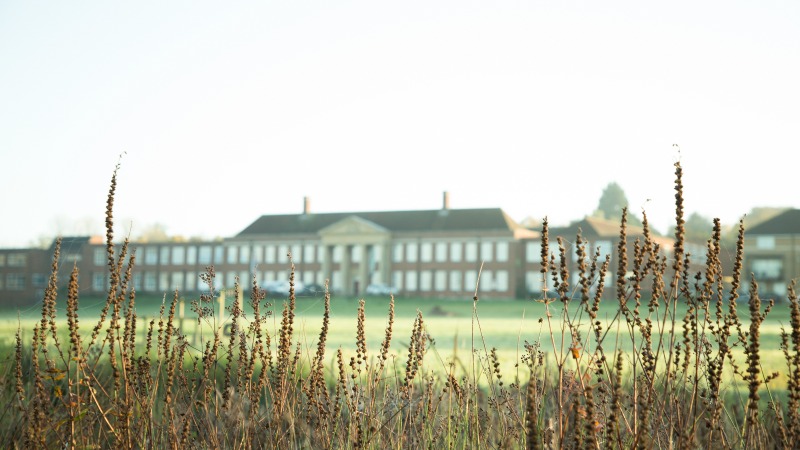Medical kit donated by Oxford Brookes University to help hospitals in Ukraine

Frontline hospitals in Ukraine are benefitting from a delivery of used medical equipment donated by Oxford Brookes University’s paramedic and nursing education facility.
The facility, based at the University’s Marston Road site in Oxford,trains the next generation of paramedics and nurses and uses a range of equipment that is regularly updated to match that used by NHS professionals.
Now, thanks to the help of UK-based charity Transport a Sister, obsolete kit that is still safe and in good working order including stretchers, catheters, stethoscopes and paediatric feeding tubes, has been sent to help treat casualties in Ukraine.
Justin Cule, Clinical Skills and Simulation manager at Oxford Brookes University explained: “We were having a clear out and found various pieces of obsolete equipment that were once used for training purposes.
“The used kit is all very serviceable, but is no longer used by the NHS. It’s ideal for an emergency or frontline situation where there is a shortage of supplies.
“We can’t begin to imagine what being in the middle of a war might be like for front line health staff. But we hope that by sending these items to Ukraine we are making a difference.”
The equipment has been transported to Ukraine with the support of Transport a Sister, which helps women and children who are fleeing the war to get themselves to safer countries. It also helps get the right supplies to places in Ukraine that need them the most.
Torhalla Metsniin, one of the charity’s volunteers, said the organisation had helped more than 10,000 refugees since the start of the war, as well as helping to transport aid from the UK.
She said: “The equipment from Oxford Brookes has been successfully delivered to a frontline field hospital in the city of Kharkiv. The medics there couldn't believe their luck when they received it, as this sort of kit is in very short supply and will make a huge difference when treating casualties.”
